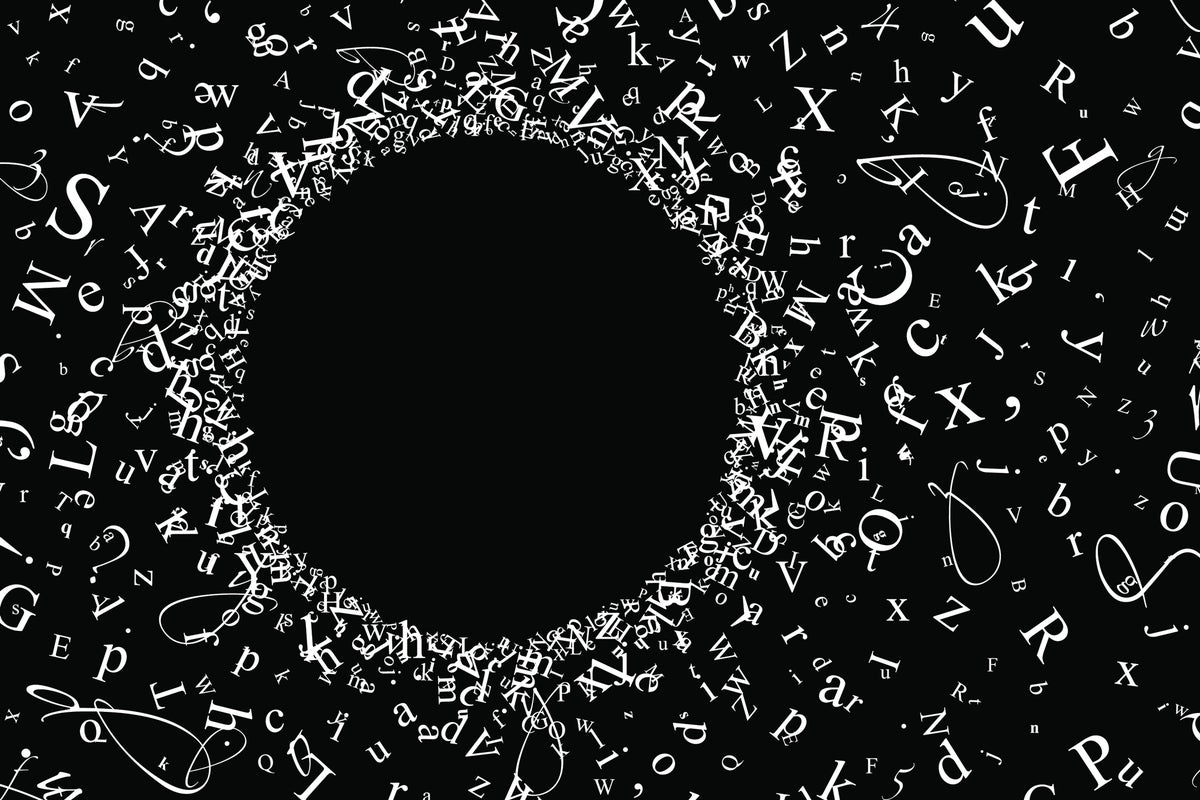The latest from Scientific American, who’s previously given us such fine scientific information about the violence blacks experience while playing in the NFL, and the search for extraterrestrial intelligence (SETI) could boost its chances of success if they didn’t have to worry that their work may one day be used to colonize another planet.
Dr Madrid, an assistant professor at the University of Texas Rio Grande Valley, begins his attempt to persuade with a tale of poetic drama in Scientific American:
“The language of astronomy is needlessly violent and inaccurate.”
You see, one day when the Andromeda and Milky Way galaxies collide and how we label that event is a major concern to this educator filling the minds of our youth.
Apparently, the word collision is, for Dr Madrid, much too brutal and masculine when referring to the convergence of two galaxies, and the subsequent merging of the supermassive black holes at their centres – an event that will entail the sling-shotting of countless stars and their orbiting planets, and which may release energy equivalent to around 100 million supernova explosions, and subsequently be detectable halfway across the universe.
“A galactic hug is scientifically truthful, and it’s led me to believe that astronomers should reconsider the language we use.”
A mere hug, you see. All that kindness.
The enlightened, such as himself, must step up and take action.
“Referees, editors, and editorial boards can step up to… stop the use of violent, misogynistic language that is now pervasive.”
There is a rather long list of foul analogies that have entered, and are now entrenched, in the lexicon of professional astronomy. We have grown accustomed to this violent language and as a community, we seldom question or reflect on its use.
And it must end now.

 www.scientificamerican.com
www.scientificamerican.com
Dr Madrid, an assistant professor at the University of Texas Rio Grande Valley, begins his attempt to persuade with a tale of poetic drama in Scientific American:
“The language of astronomy is needlessly violent and inaccurate.”
You see, one day when the Andromeda and Milky Way galaxies collide and how we label that event is a major concern to this educator filling the minds of our youth.
Apparently, the word collision is, for Dr Madrid, much too brutal and masculine when referring to the convergence of two galaxies, and the subsequent merging of the supermassive black holes at their centres – an event that will entail the sling-shotting of countless stars and their orbiting planets, and which may release energy equivalent to around 100 million supernova explosions, and subsequently be detectable halfway across the universe.
“A galactic hug is scientifically truthful, and it’s led me to believe that astronomers should reconsider the language we use.”
A mere hug, you see. All that kindness.
The enlightened, such as himself, must step up and take action.
“Referees, editors, and editorial boards can step up to… stop the use of violent, misogynistic language that is now pervasive.”
There is a rather long list of foul analogies that have entered, and are now entrenched, in the lexicon of professional astronomy. We have grown accustomed to this violent language and as a community, we seldom question or reflect on its use.
And it must end now.

The Language of Astronomy Is Needlessly Violent and Inaccurate
Astronomy is beautiful and elegant. The language we use to describe its processes is anything but


